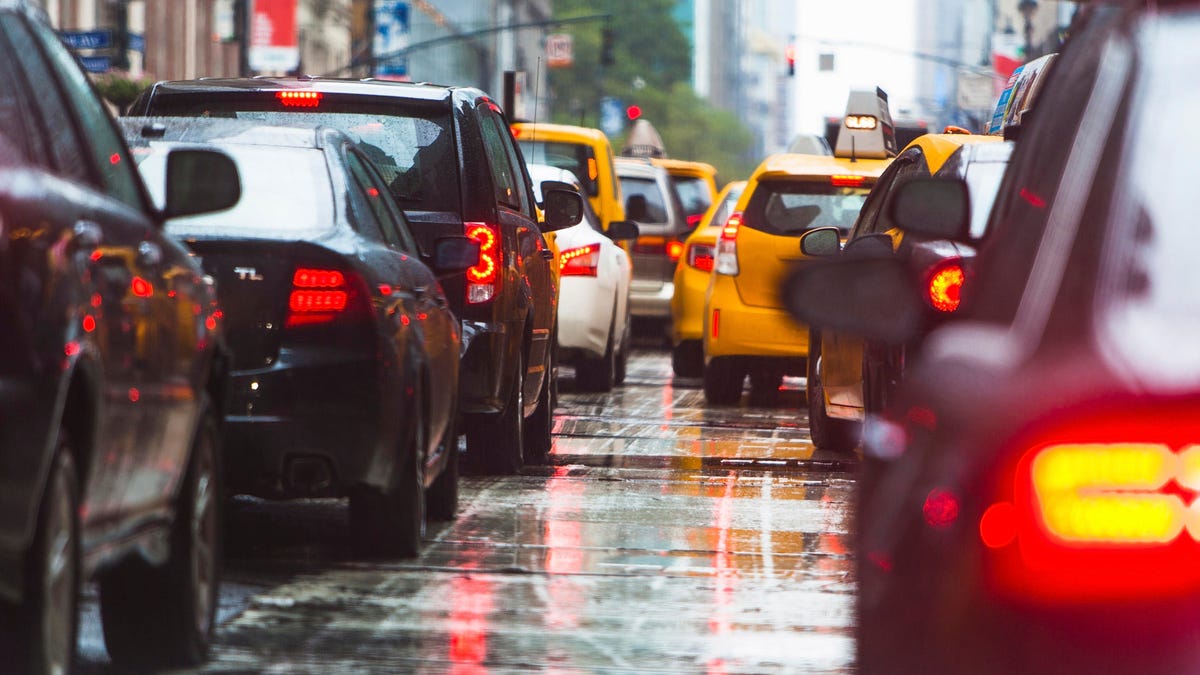12 states sue Trump Administration over frozen fuel-economy penalties
The District of Columbia is also on the plaintiff side of this lawsuit.
In 2016, the Obama administration announced an inflation-based adjustment to penalties related to corporate average fuel economy (CAFE) violations, dramatically increasing the amount automakers must pay for vehicles that gulp fuel in excess of federal standards. The Trump administration reversed that move and froze the penalties, which automakers certainly liked, but it appears a number of states did not.
A coalition of 12 states and the District of Columbia, led by the Attorneys General of California and New York, filed a lawsuit in the Second Circuit of Appeals challenging the rule freezing the CAFE penalties.
The Obama administration's rule would have hiked penalties to $14 for every 0.1 miles per gallon a vehicle consumes in excess of federal CAFE standards. NHTSA's new rule would keep the penalty at the pre-inflation figure of $5.50 per 0.1 mpg.
The lawsuit contends that NHTSA's new rule is unlawful for several reasons. In a press release from California Attorney General Xavier Becerra, NHTSA's decision violates the 2015 Federal Civil Penalties Inflation Adjustment Act, and the statement also claims NHTSA incorrectly interpreted its "statutory obligations" and is "based on inaccurate assumptions of the economic impact of the inflation-adjusted penalties." Automaker lobbying groups claimed earlier that the higher penalties could bump regulatory costs by $1 billion.
NHTSA did not immediately return a request for comment, but a spokesperson told Reuters that "it was following the intent of Congress to ensure the penalty rate was set at the level required by law."
Meanwhile, the Department of Transportation, under which NHTSA operates, is still working to finalize its adjustments to Obama-era CAFE regulations, which were set to increase to 46.7 mpg by 2025. The DOT is proposing a freeze at 37 mpg instead. It's worth noting that CAFE calculations are not the same as the EPA figures you see on window stickers -- EPA figures are lower.


